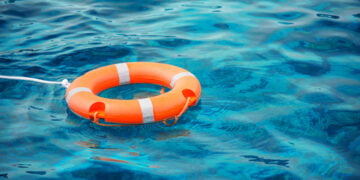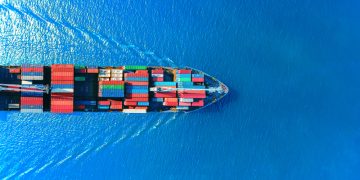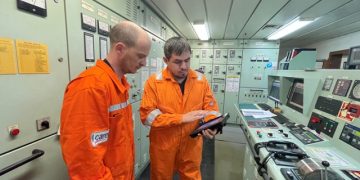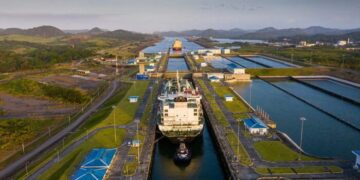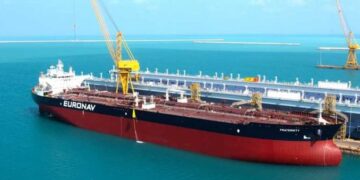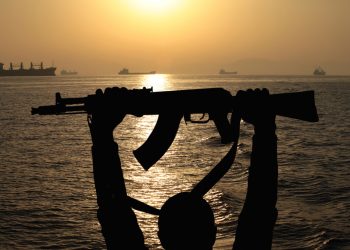Some seafarers have contacted Human Rights at Sea, calling for greater levels of Personal Protective Equipment (PPE) to be made more widely available, including face masks and gloves.
On 31 January 2020, the WHO declared the outbreak a Public Health Emergency of International Concern under the WHO International Health Regulations (IHR). This triggered an increased global response to the pandemic, while for seafarers, Regulation 4.3 of the 2006 Maritime Labour Convention applies and which covers ‘Health and safety protection and accident prevention‘ highlighting that:
Each Member shall ensure that seafarers on ships that fly its flag are provided with occupational health protection and live, work and train on board ship in a safe and hygienic environment
Currently, high quality PPE may not be widely available, while it is not individually recommended, nor realistic for use by crew, HRAS reports. However, seafarers are wanting to have access to it.
In the UK, Richard Ballantyne, chief executive of the British Ports Association commented that PPE supplies are beginning to run low in some ports and this may soon start to have a knock-on effect.
In a recent example, the Master of the MV Tomini Destiny refused to off-load alongside the port of Chittagong, Bangladesh, because of crew concerns over contracting COVID-19 from excessive numbers of allegedly unscreened local stevedores not using PPE. The Master asked for PPE to be made available for crew use during ongoing shipboard operations which included gloves and face masks, as well as for remote off-loading by barges away from port wharves.
The owners issued the crew with comprehensive PPE, and sanctioned the off-loading in outer anchorages as part of the compromise. Nonetheless, consistent use of PPE can not be guaranteed by workers involved in offloads when in contact with crew members.
Face Masks
Regarding face masks, the International Chamber of Shipping (ICS) advises that:
Although face masks may provide some protection – especially if there is a risk of exposure when interacting with persons from outside the ship – the routine use of face masks is not generally recommended as protection against COVID-19. WHO advises that it is appropriate to use a mask when coughing or sneezing. If an individual is healthy, it is only necessary to wear a mask if the person is taking care of a person with the suspected COVID-19 infection
This view however is not necessarily shared by frontline seafarers who appear to be seeking greater reassurance for individual levels of protection as the pandemic unfolds, including the individual right to wear PPE such as masks and gloves.
Meanwhile, the International Transport Workers’ Federation (ITF) and the International Maritime Health Association (IMHA) have consistently highlighted the essential need for seafarers to be properly protected, with ITF stating that amongst four other areas of response, there is the need for “putting health and safety first“, while the IMHA stated in an online document that there should be “facial protection for all crew“.
Under UK law, shipowners must provide the requisite PPE at no cost to the employee mariner, while the UK Health and Safety Executive, “recommends the use of FFP3 respirators when caring for patients in areas where high risk aerosol generating procedures are being performed. When FFP3 respirators are not available, then FFP2 respirators may be used.” It also added that the World Health Organisation (WHO) recommends FFP2 and N95 respirators for AGPs and these are widely used in other countries. The N95 respirator is not CE marked but has been tested against standards similar to European standards.






